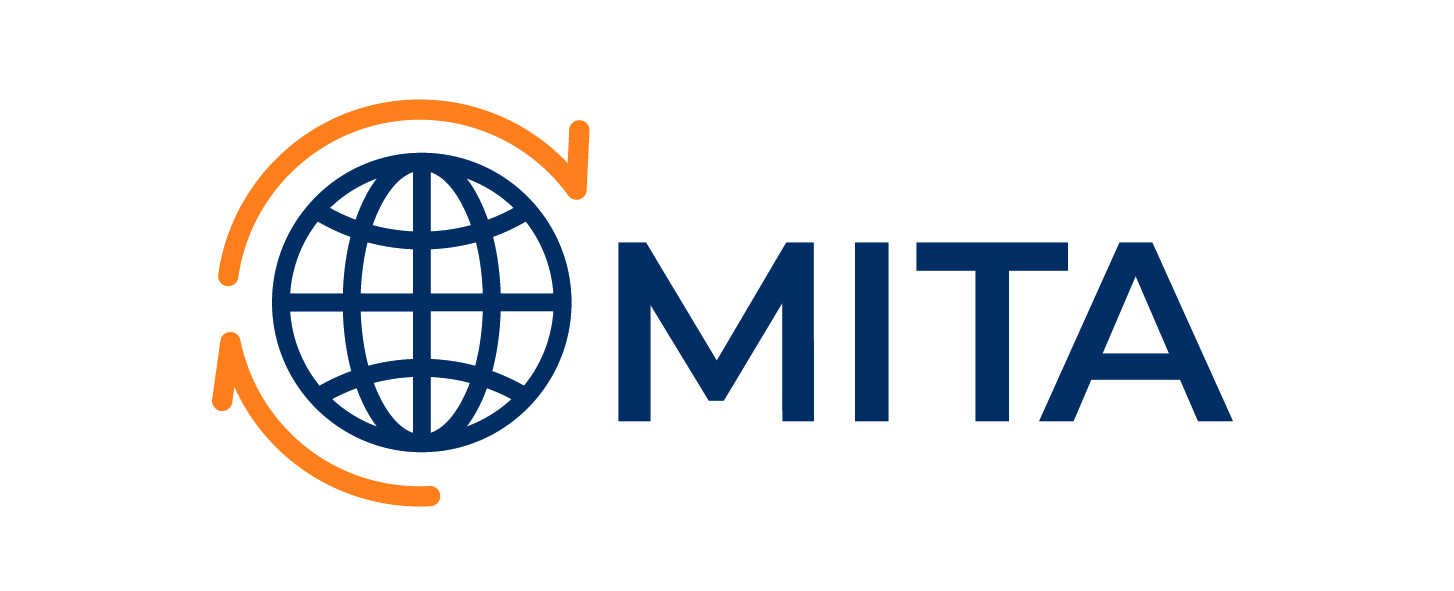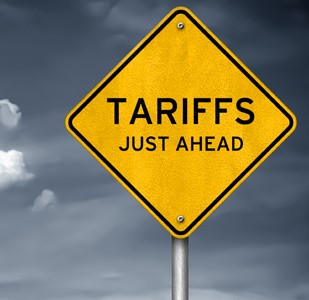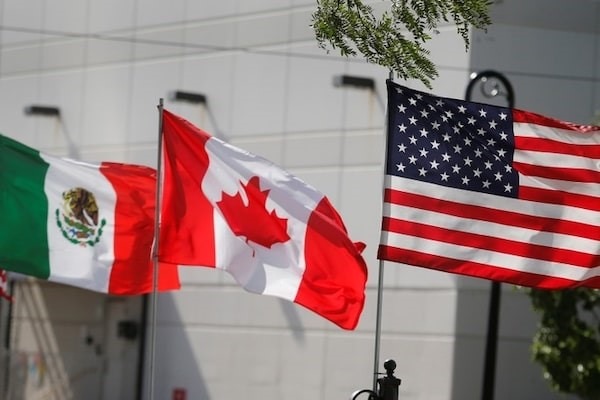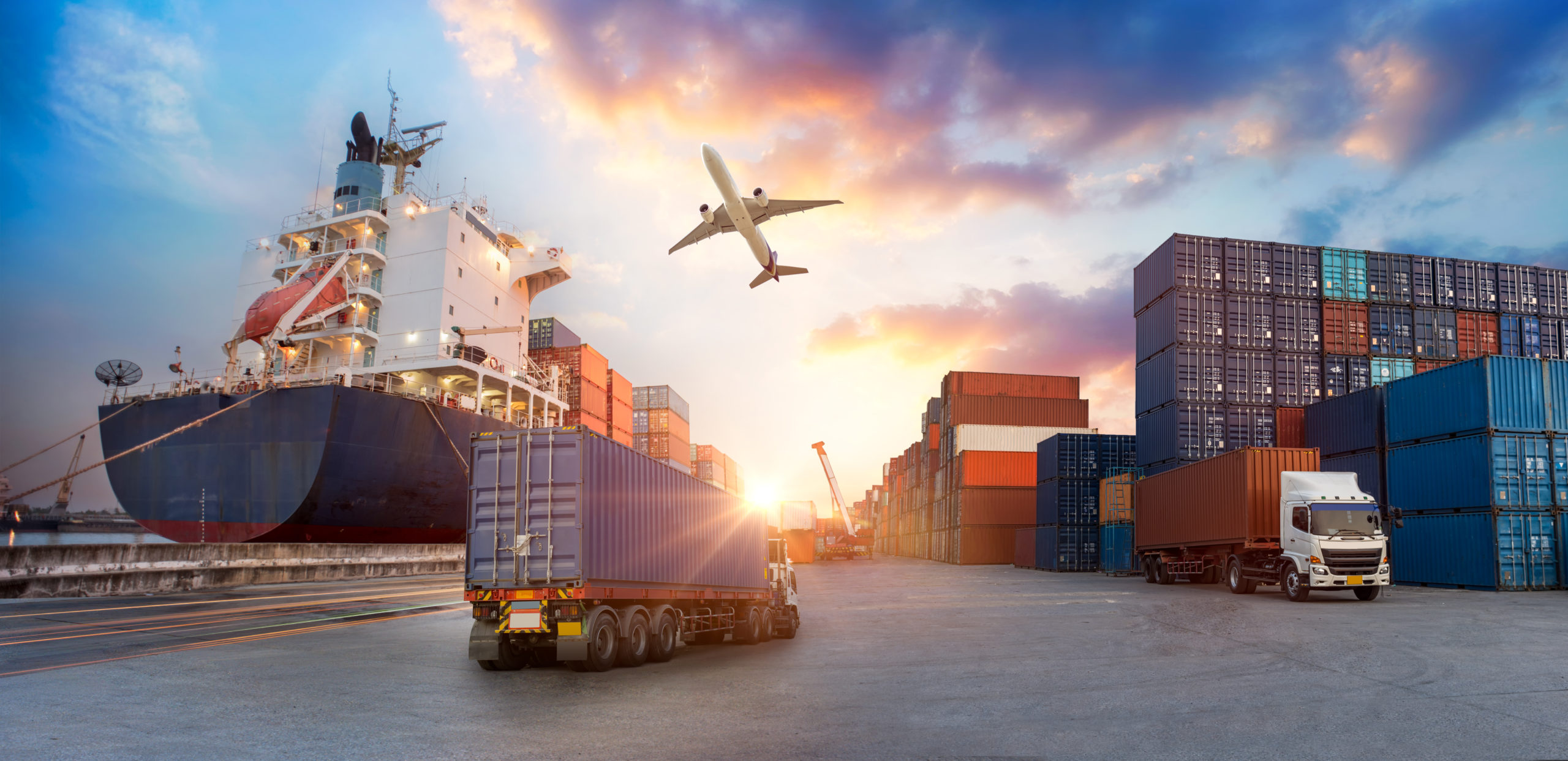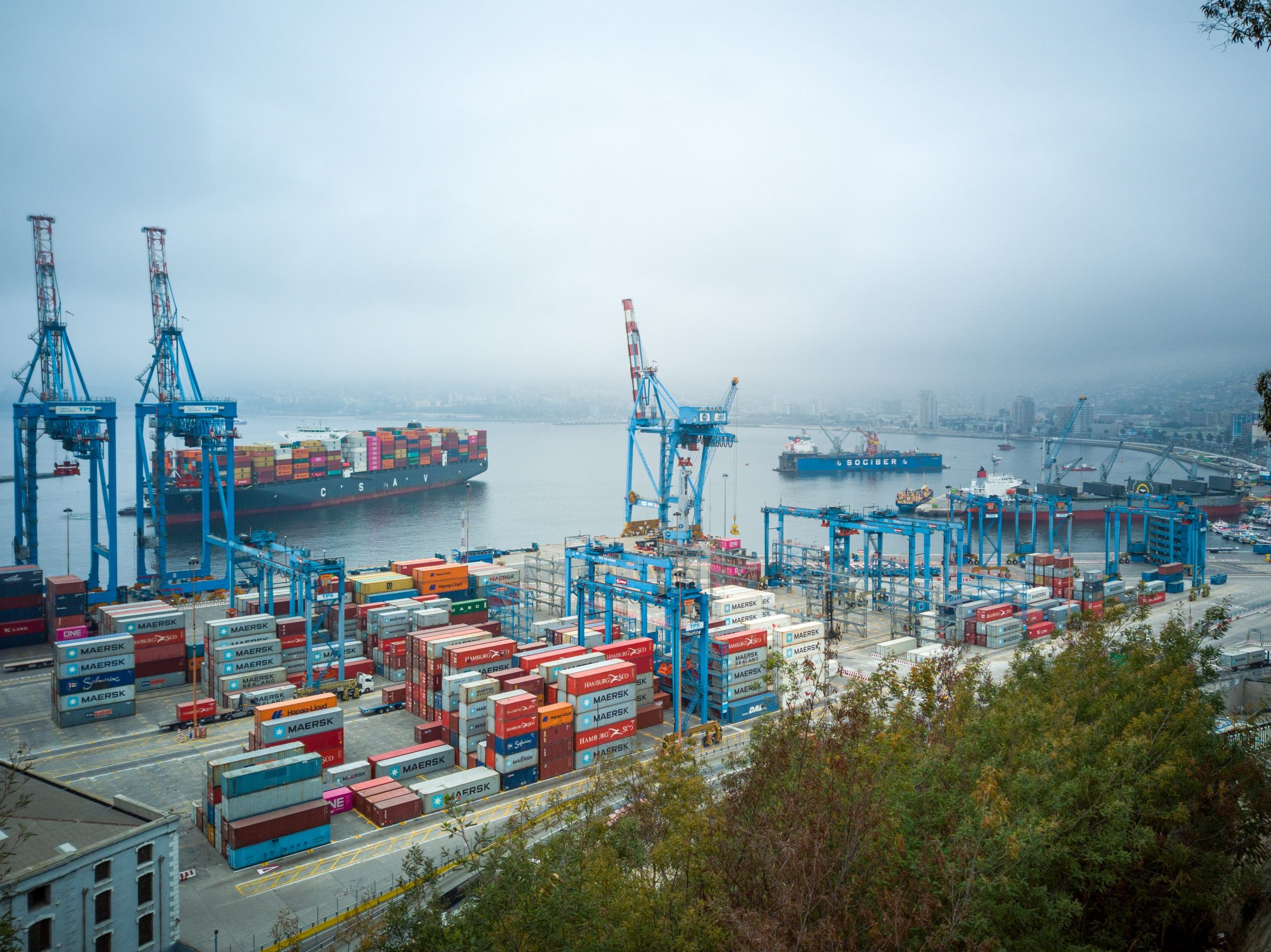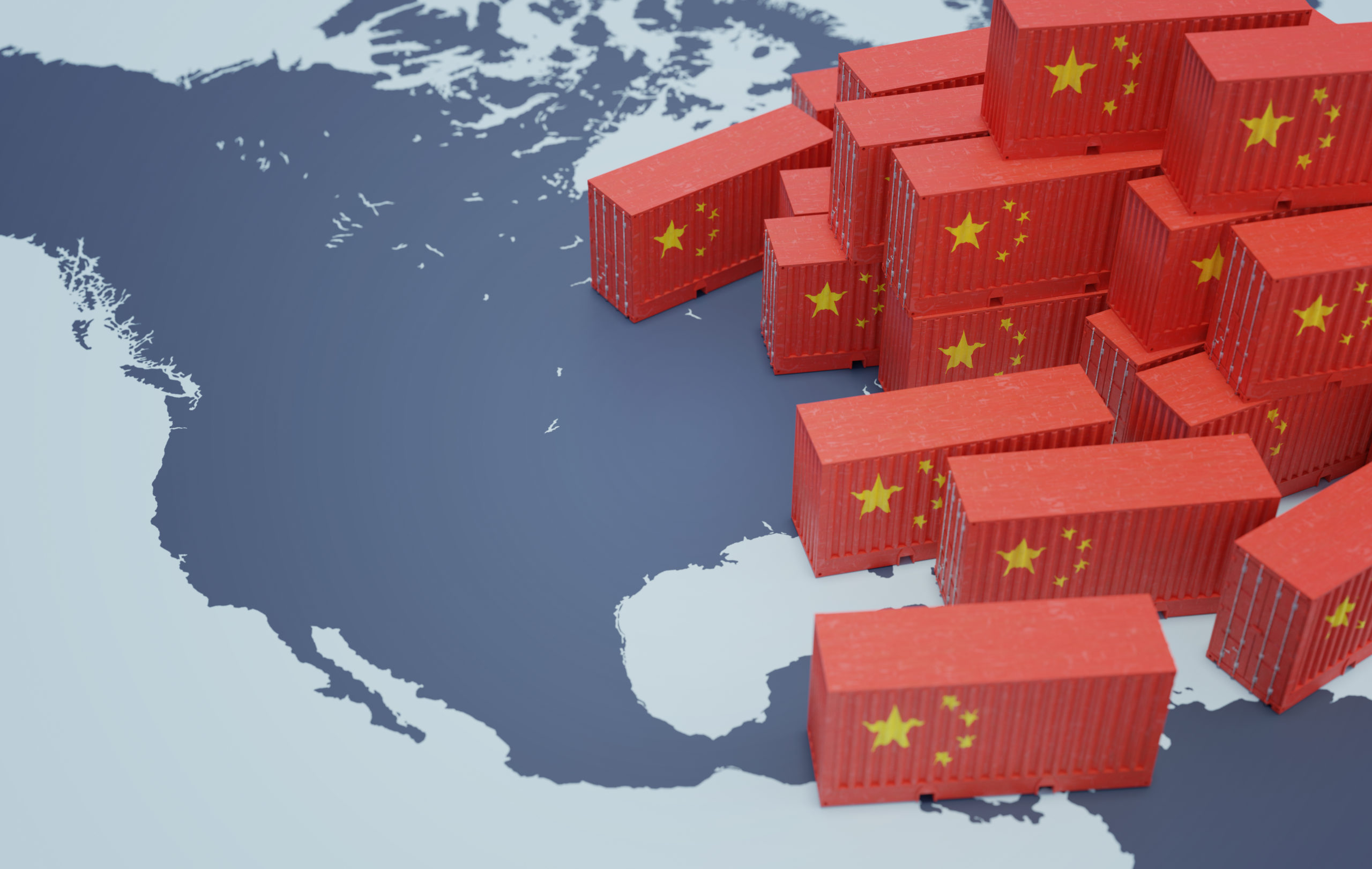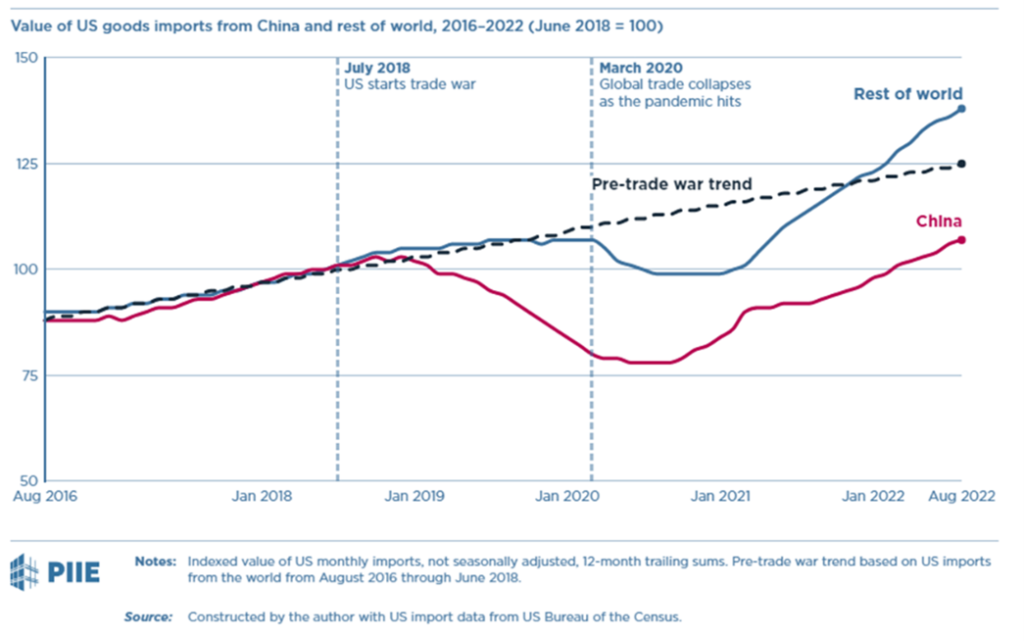Trade Dispute Panel Rules Against U.S. Claim of Unfair Canadian Dairy Tariffs Rate Quotas
On Friday, November 24th , a dispute settlement panel created under the United States-Mexico-Canada Agreement (“USMCA”) released a final report approving Canada’s most recent dairy Tariff-Rate Quota (“TRQs”) requirements. This finding that Canadian TRQs do not breach USMCA obligations, “flies in the face of the agreement our country made with Canada and puts our Made in Wisconsin dairy products at a disadvantage”, as stated by U.S. Senator from Wisconsin Tammy Baldwin. A full copy of the panel’s final report can be found here.
In 2022, the United States gained a favorable opinion from the same panel created under the USMCA, finding that Canada was breaching its commitments under the agreement by reserving most of the in- quota quantity in its dairy TRQs for the exclusive use of Canadian processors. Following this panel decision, Canada modified its TRQ requirements to comply with their USMCA commitment. The updated TRQ policy includes measures to use a market-share approach for determining TRQ allocations, and prevents retailers, food service operators, and other listed types of importers from utilizing TRQ allocations. The United States, via U.S. Trade Representative and Ambassador Katherine Tai, similarly challenged the updated Canadian TRQs, claiming that they still resulted in an undue restraint on U.S. dairy farmers exporting to the Canadian market.
While two of the three panelists concluded that Canada’s updated TRQs do not impose an undue restraint or violate any commitments under the USMCA, one panelist did agree with the claims by Ambassador Tai. The panelist stated that the narrow scope of applicants allowed under Canada’s TRQs significantly limits a large number of other Canadian importers who would be eager to bring U.S. dairy products to Canada. The dissenting panelist specified that Canada breached its USMCA commitment to make its dairy TRQs available to all applicants active in the Canadian food or agriculture sector.
Ruling that Canada’s TRQ requirements for applicants do not violate their commitment under the USMCA, poses a threat to both the U.S. Dairy Farmers and the Canadian Dairy Importers. The United States is a global leader in both dairy production and quality, and this ruling fights against an international dairy industry that provides for 150,000 jobs and $45.6 billion in state revenue in Wisconsin alone. Moreover, it prevents Canadian retailers and food service operators from accessing a steady and affordable supply of so desired quality U.S. dairy products. Senator Baldwin further stated, “This decision should have resulted in necessary improvements for market access for American dairy products in Canada, but instead sets a disturbing precedent that weakens the ability to use USMCA to push back against trade violations moving forward.”
Following the unfavorable outcome of this most recent USMCA panel, Ambassador Tai and U.S. Secretary of Agriculture Tom Vilsack made the comments below, reaffirming their staunch commitment to protecting the benefits that U.S. Farmers, processors, and exporters were promised under the USMCA.
U.S. Secretary of Agriculture Tom Vilsack: “The United States won the first USMCA case on Canada’s dairy TRQ allocation system with the ultimate goal of securing fair market access for U.S. dairy farmers, workers, processors, and exporters. Although we are disappointed in the outcome of this second case, we brought this case to refine and expand upon our win in the first case. We will continue to voice deep concerns about Canada’s system. We remain focused on securing the market access we believe Canada committed to under the USMCA and we will continue exploring all avenues available to achieve that goal.”
U.S. Ambassador Katherine Tai: “Despite the conclusions of this report, the United States continues to have serious concerns about how Canada is implementing the dairy market access commitments it made in the Agreement. While the United States won a previous USMCA dispute on Canada’s dairy TRQ allocation measures, Canada’s revised policies have still not fixed the problem for U.S dairy farmers. We will continue to work to address this issue with Canada, and we will not hesitate to use all available tools to enforce our trade agreements and ensure that U.S. workers, farmers, manufacturers, and exporters receive the full benefits of the USMCA.”
Baldwin Blasts Decision to Allow Canada’s Unfair Dairy Trade Practices to Stand, Hurting Wisconsin Farmers
USMCA Panel Releases Canada Dairy Report; Biden-Harris Administration Will Continue Seeking Full USMCA Benefits for U.S. Dairy
What are they saying? USMCA Dairy Ruling
